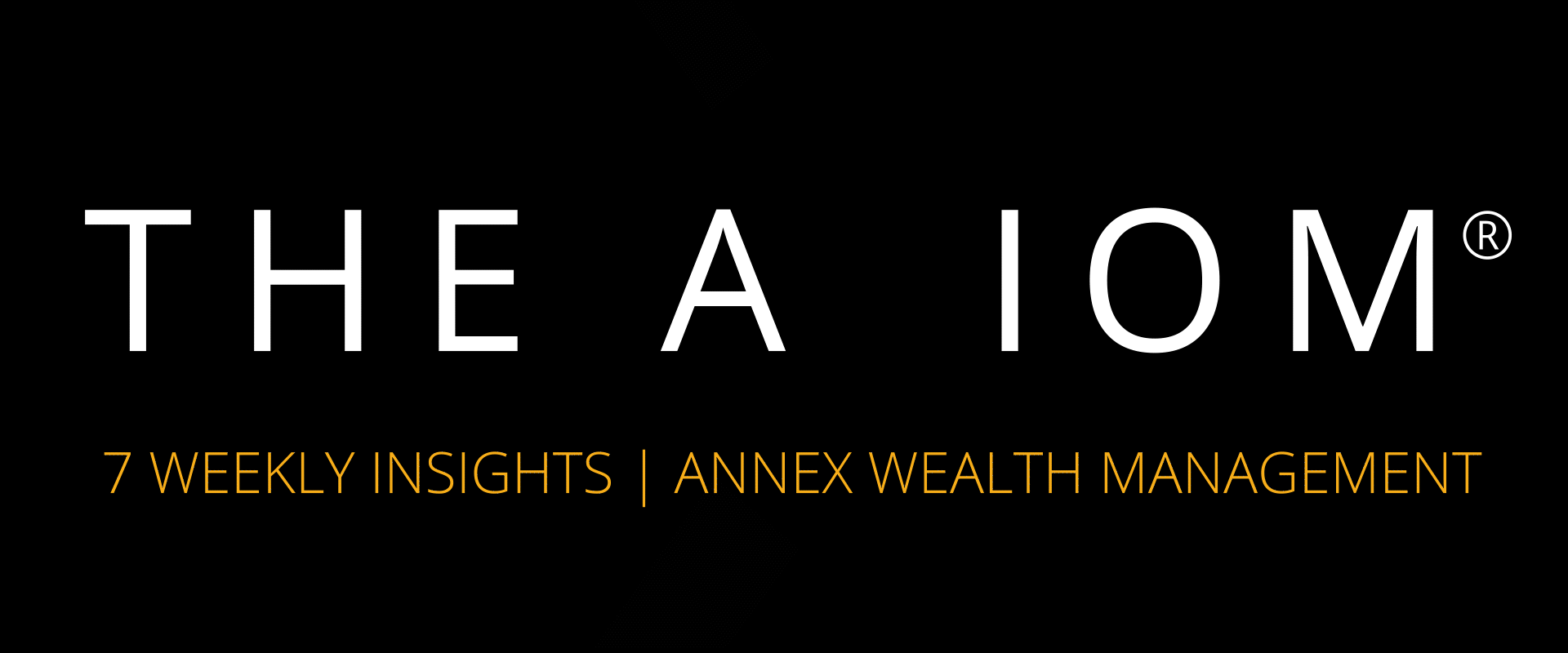
As some markets approached bear territory, the Fed forecasted more rate hikes. Some analysts believe they’re playing “catch-up” after too-generous policies. Annex Wealth Management’s Dave Spano and Derek Felske discuss.

BACK TO TOP ↑
Consider Your Options with Your Old 401(k)

You’ve diligently contributed to your 401(k)-plan account over the years and now you’re retiring or switching to a different job. What should you do with the funds in your 401(k) account? You have four main options: keep the funds in that 401(k) account, roll the funds over to an individual retirement account (IRA), roll the funds into a new 401(k) account, or take a lump sum distribution.
In this week’s MoneyDo, we suggest you consider the pros and cons of each different option so you can make an educated decision for your 401(k) account at your previous employer.
Although taking a lump sum and cashing out the account may be tempting, consider the consequences of choosing this option. Taking the lump sum could cause mandatory tax withholding, along with possible penalties for withdrawal. The lump sum option also reduces the funds earmarked for your future retirement. Because of the significant financial and tax friction caused by taking a lump sum, cashing out your 401(k) is usually not the best option.
Rolling over your 401(k) to an IRA can simplify your financial life by consolidating the funds with other pre-tax dollars you’ve saved. It’s a simplification strategy that is especially true if you have multiple old 401(k) accounts from previous employers. We’ve helped people in situations like that, and found our client faced added complexity from having several old accounts held at various financial institutions, all being managed by various people. Consolidating these accounts into a single IRA offers simplicity and eases ongoing management.
Another advantage of a 401(k)-to-IRA rollover is the availability of a broader selection of investment options. 401(k)s are typically limited to a smaller selection of investments chosen by the plan sponsor. These options may range in investment quality and level of expense. Funds moved over to an IRA have many more investment options available.
An IRA also offers flexibility for withdrawals. IRA funds can be withdrawn without penalty after age 59½. If you’re considering a qualified charitable contribution, (QCD), they can be executed from an IRA upon attainment of age 70½, which could reduce taxable income while helping to achieve charitable giving goals. In contrast, some 401(k)s may have rigid distribution timelines participants must follow and 401(k) funds are not eligible for QCDs.
For some, the best option may be to leave your money within a 401(k) plan – either with a current or former employer. There are several potential advantages to this strategy. First, you may have the opportunity to take withdrawals from the account beginning at age 55 without penalty. This strategy does, however, require that you separate from service after attainment of age 55. With an IRA, withdrawals prior to age 59½ are subject to a 10% penalty unless special exceptions are met.
Another advantage to keeping funds in your 401(k): you may have access to 401(k) loans, a benefit you won’t get with an IRA. 401(k) assets also provide unlimited protection from creditors, civil lawsuits, or bankruptcy. IRAs do not always have such protection, depending on the state you live in. If you’ve begun a new job that offers a 401(k), you may also be able to roll assets into your new employer’s 401(k) and defer required minimum distributions (RMDs) until retirement. An IRA does not offer this flexibility, as under current law, IRA RMD’s are required to begin upon attainment of age 72 regardless of whether you are still working.
It’s important to consider your unique circumstances and goals in determining if it’s best to keep your 401(k) with your previous employer or to roll it over to an IRA. Some key items to consider are your account balance, fees, investment options, and the timeline until you wish to make a withdrawal. Talk with your financial advisor to review the pros and cons of each option for your situation.
BACK TO TOP ↑
Annex Wealth Management’s Sarah Kyle and Randy Winkler, CFP® answer several Ask Annex questions:
“Why is it better for regular IRA to go to three sons when I pass then to trust for tax purposes? Two are high wage earners. If better to sons, it can be distributed to them over 10 years through new IRA in their names.”
– John
“I’ve been seeing lots of articles on how the 60/40 portfolios really don’t work particularly well in this environment or anymore. Click bait or some truth in it? Haven’t seen this kind of inflation since the early 80s, when my first mortgage was 13% and I had no money to invest back then. So, this is new to me in the way I think about investments. Glad I have all of you on my side during this time going forward. Thanks for thoughts on the above.”
– Norm
“I’ve been at 75/25 for the past couple years and have not changed my asset allocation. First, was that a mistake? Second, too late to change? I’m 64, hoping to retire in four years.”
– Dan
BACK TO TOP ↑

BACK TO TOP ↑
BACK TO TOP ↑
UPCOMING EVENTS →
BACK TO TOP ↑